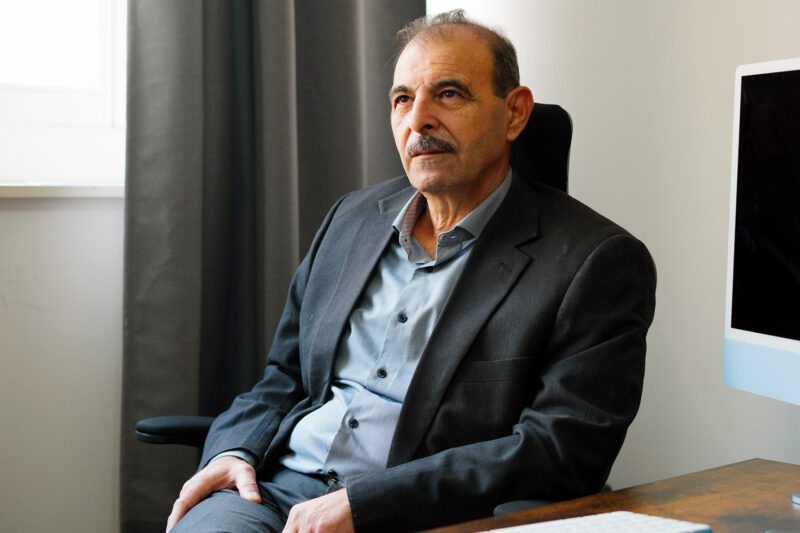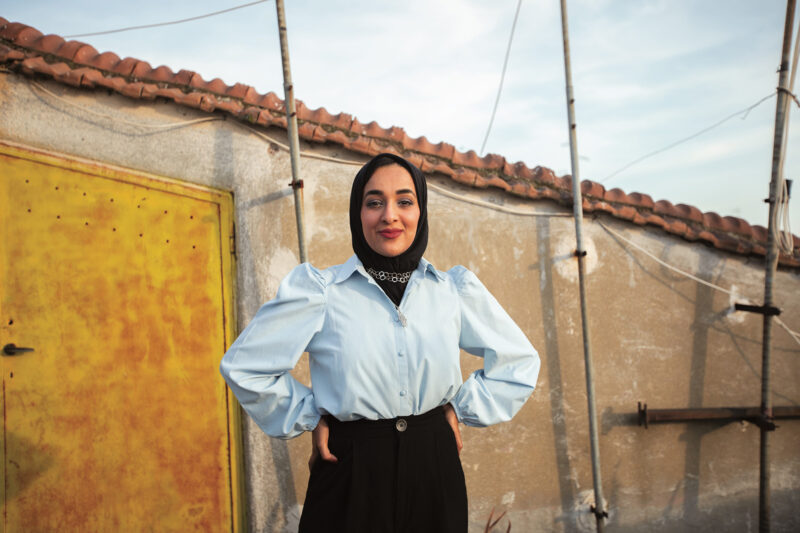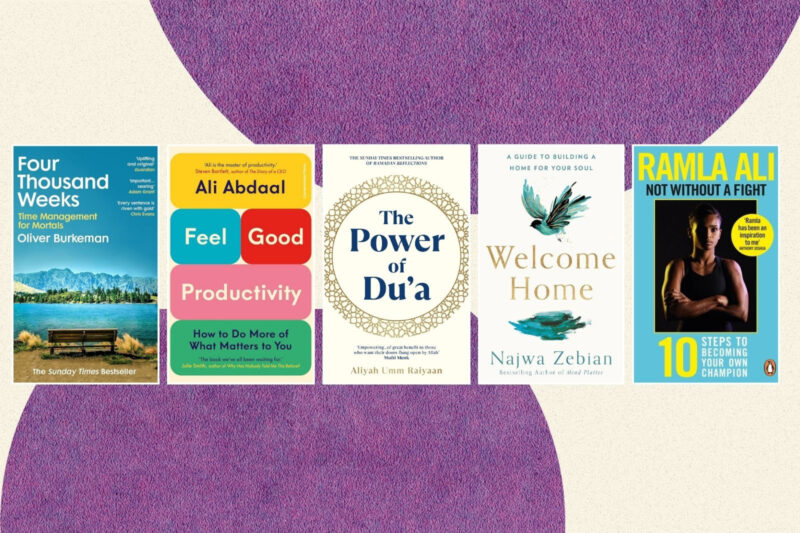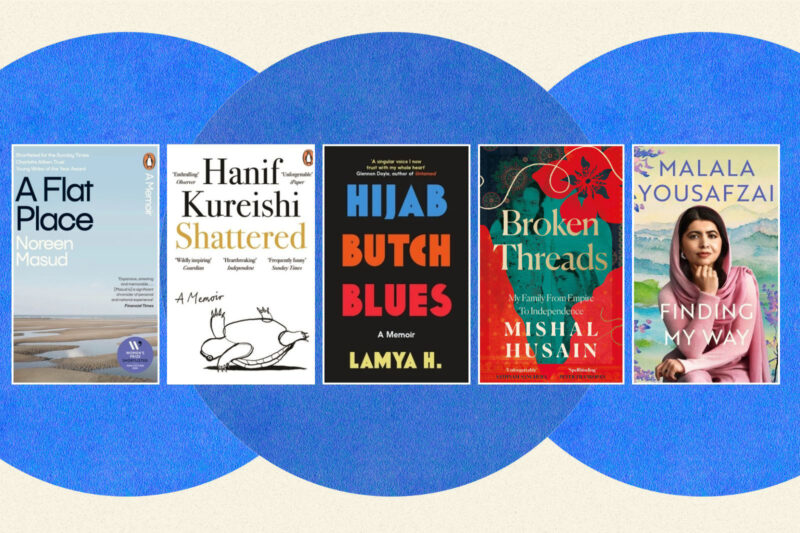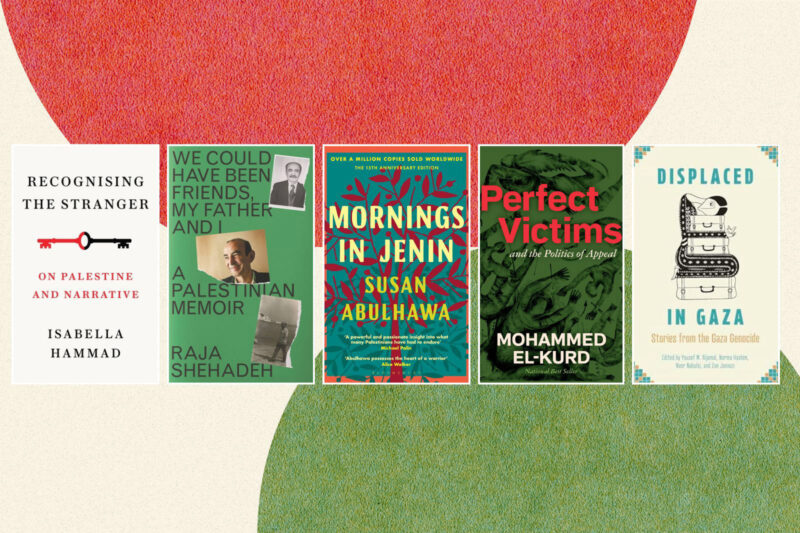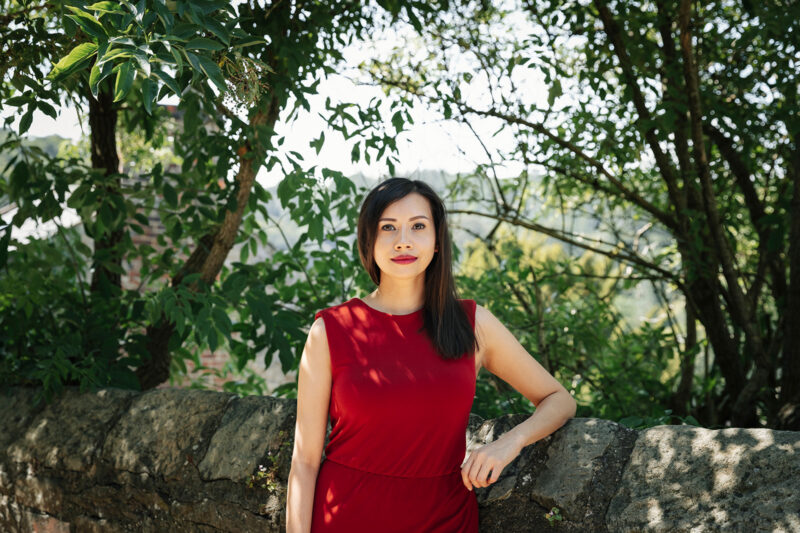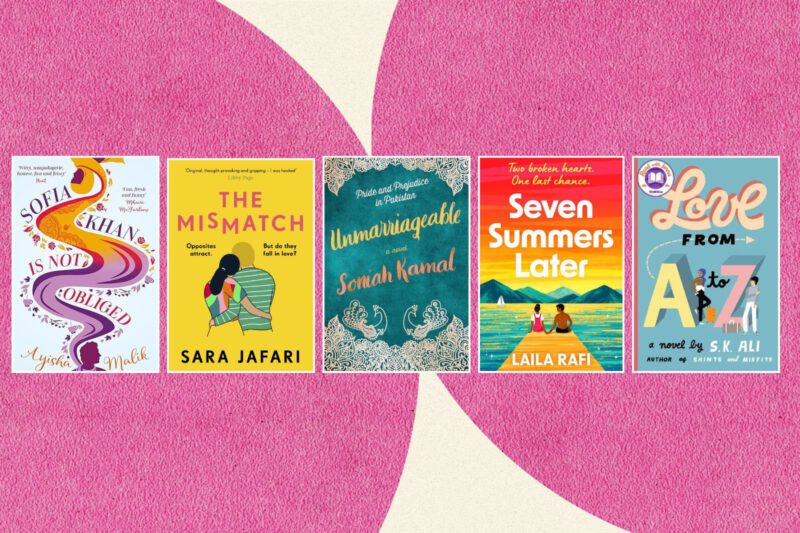Book extract: Across this new divide
In a new piece of narrative nonfiction, one writer details her grandmother’s battle with Alzheimer’s and memories of partition
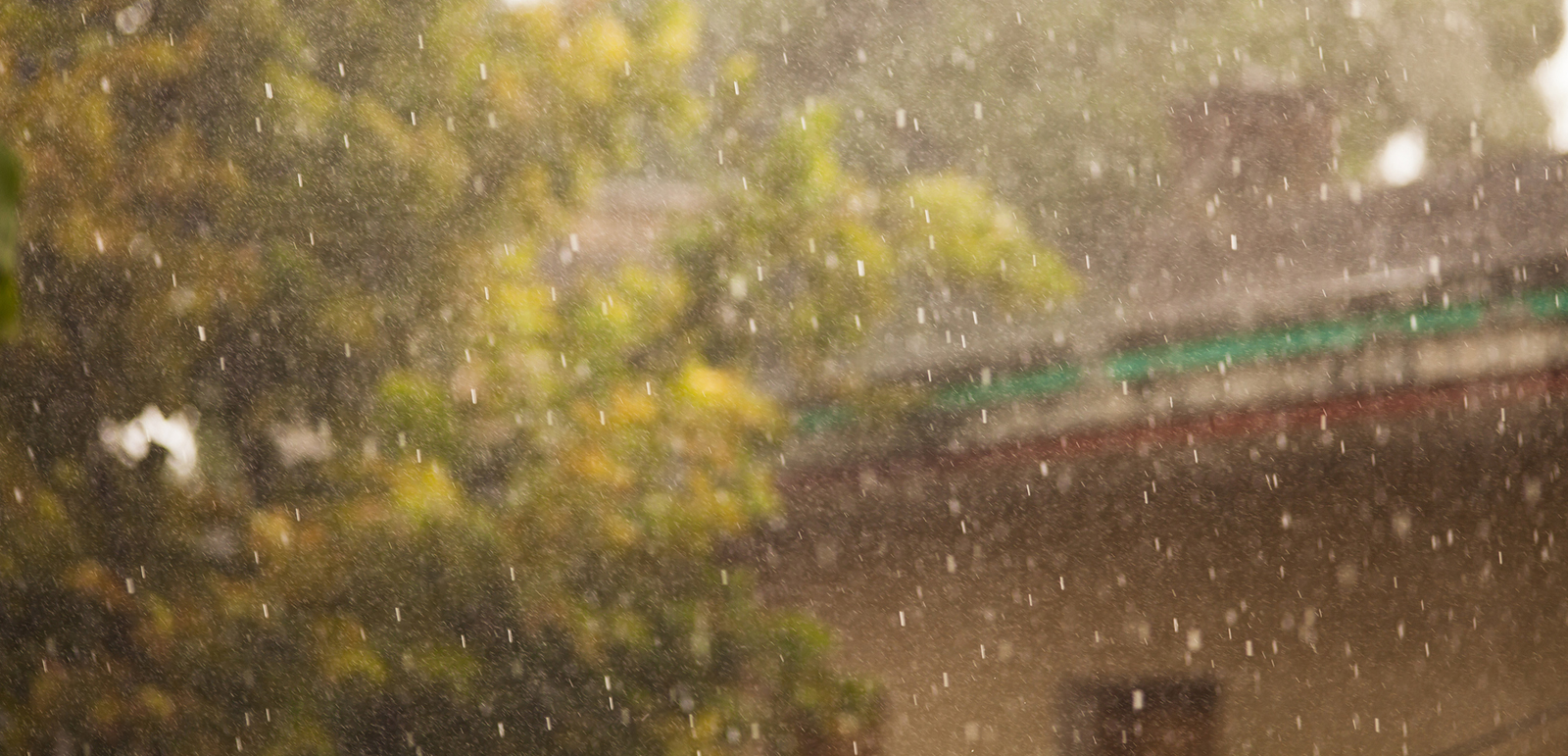
“Take me home,” says my grandmother. We are home but she doesn’t recognise it. Her house has been remodelled to make things more comfortable for her. The foundations are the same, but the walls have been changed.
Ten years ago, my grandmother started to lose her memory. It started with the little things and developed into forgetting names and faces, towards the end it was everything except for prayer and some memories which she held onto. She remembers five times a day that her Lord calls her, and she will respond to His call, but will forget that she has broken half the bones in her body and will rise only to fall again, injuring herself beyond repair.
Her body is weak and as I hold her hand in mine, I look into her big beautiful eyes, which now have a glazed look to them. I see her defined nose and her ghostly white plait peeping out from under her scarf.
My grandmother, Sughra, wasn’t always like this. As I gaze into her eyes, I wonder what she’s thinking as I reassure her that I will take her home, knowing that she will ask me again in another ten minutes. I can feel her soul, so strong, wanting to run like the wind but inhibited by its weak shell.
People tell me my grandmother’s stories before she arrives in the room. I am often curious about things I stumble upon in the house, such as the old hookah which stands in the corner of the new living room. In a time where women seldom smoked, Sughra, whose husband lived abroad, smoked this hookah under the guise to let thieves know that there was indeed a man in the house and its smoke danced around the cobbled streets keeping strangers at bay.
‘For many years, the neighbours lived side by side in peace and harmony, supporting each other in times of happiness and sorrow’
In a time when the country was one, Muslims, Hindus and Sikhs living together as neighbours and friends, looking after each other like brothers and sisters and forming bonds of friendship which went past differences.
Sughra lived in a small cobbled street in which there were only two houses. The other house belonged to a Hindu family who had been living there for a long time. Before my grandfather migrated to Kenya for work, my grandmother cared for their 5 young children. And long before local farmers struck Mughal gold in the dry summer soil, this was an uneventful village.
For many years, the neighbours lived side by side in peace and harmony, supporting each other in times of happiness and sorrow. However, a feeling of unrest was rippling through the nation affecting those who tried their hardest to claim ignorance. One could not close their eyes and ears from the news of new borders being drawn across the land and it was becoming hard not to notice one’s differences.
After much rapid change in the country Sughra watched with a heavy heart as her neighbours packed up their belongings ready for their journey. They could only take as much as they could carry and with rumours of a troubled and violent journey ahead, they had to be very careful.
After a few hours there was a knock on Sughra’s door which she opened to a tearful face. “My sister, the time has come,” said her neighbour. In her hands, she held an old box. “Is there anything I can do to make this easier?” my grandmother asked. Her neighbour held out the old box.
“Can I leave this in your care? As you know we do not have much money, within this box is all of my mother’s gold, my beautiful bangles, my wedding necklace and a few small trinkets. They are not worth much, but they mean everything to me. Once we are settled in our new home, I pray I will be able to come back and collect my treasure.”
Sughra took the box and prayed that her neighbours would return and that they would laugh together once again.
Years passed and Sughra’s responsibilities increased. With a growing family, she had to divide her time between her children and looking after her community as the aftermath of partition affected them all. It was hard to accept that the people with whom they had shared hookahs had to leave everything; their schools, their businesses, and their friends. Sughra often thought about her neighbour, where had she settled, if she was happy and if she would ever return?
The summers of the Punjab had always been long and hot but every now and then there was a change in atmosphere. A cool wind would arrive and dance around everyone’s sticky limbs and the smell of soil would hit your nostrils. It was a promise of rain. The droplets of heaven were so beautiful and people would stand outside waiting for it to hit their foreheads and cool their souls.
Sughra sat in her chair on the veranda waiting for the rain and as the first drops hit the floor there was a loud knock on her door. As she crossed the veranda the rain became heavier. The guest at the door was almost unrecognisable but when the person spoke Sughra recognised the soft voice. “Sister, it is me,” spoke her neighbour.
Hours later after the tears were shed and the tea cups empty, my grandmother looked at her companion carefully, she had lost weight and aged, however a smile rested on her face.
The two women shared stories of family, health, politics and eventually the conversation steered to wealth.
“Are you comfortable sister?” Sughra asked in a concerned voice.
She was one of the few women in the village whose husband worked abroad and sent her money to keep afloat and distribute to others in need. Her neighbour spoke to her of her struggle. Like so many others, they had next to nothing when they reached their final destination.
They had used their skills to start businesses and form communities.
My grandmother’s neighbour looked at her feet shyly and asked after her old box. She did not expect my Sughra to still have it, after all everyone had felt the repercussions of partition.
“I hid the box in a safe place for a long time,” replied Sughra. She thought back and sighed.
Her neighbour took this as a sign that her box had been lost, misplaced or even sold.
There was no further talk on the matter, it had been a while since the box had been given to Sughra’s care and despite her trust in my grandmother, her neighbour had been sceptical given the political climate at the time.
People had been turned against one another. Sughra’s neighbour had to choose leaving the box behind or to risk becoming the target of looters along the way. She had chosen the former knowing full well her Muslim neighbour could do what she wanted with it as she may never have been able to return to it.
Sughra prepared a bed for her weary guest. She knew her old neighbour had thought that she may have sold the contents of the box, but in fact she had not. She had held her neighbour’s treasure close to her heart all those years with the hope that its owner would return.
Just as Sughra knew she would return to her Creator one day.
She had hidden the box to avoid suspicion from local thieves under an area of loose flooring in the very same room its owner was now in. If her instincts were right, the owner’s curious nature would lead her to find her treasure tonight.
‘After sharing the meal accompanied with old memories the two women embraced’
As her neighbour tried to sleep, she could not stop thinking of her possessions. She wandered over to the kitchen, opened and closed cupboards and then went into the living room to try and spot any hidden corners but after a while of searching, she stopped. What was she doing?
She was exhausted, it had been a long journey back to Pakistan. She went back to her room and tripped over the rug. As she bent down to straighten it, she lifted a corner and realised the purpose of the fabric. It seemed to be concealing an uneven floor. Lifting the rug she could see a whole slate had not been sealed properly. She lifted the slate and the contents beneath made her gasp.
Under these floorboards Sughra had saved books. Dozens of books. Books on religion, books on politics and poetry. To anyone else who would stumble upon this secret collection, they would see no value in the books. But upon closer inspection, each book contained money. Coins had been wrapped in paper and had been concealed within covers and notes stuffed discreetly within pages. Amongst these books was a dusty old box. Sughra’s neighbour picked up her box and started to cry. She could not believe she was seeing her possessions after so long.
She wiped away the tears and fell asleep cradling generations of gold in her arms as if it were a child.
The next morning Sughra prepared breakfast and waited for her companion who appeared shyly holding her weathered box.
She sat down. “I cannot thank you enough, our country has been divided due to our differences. But I have learnt today that it is our humanity that binds us together. You have always been generous but today I have seen how big your heart is. Power has led our nations to ruin, it has made us forget the good in ourselves and others. This divide has put fear into the hearts of people. That being different makes you dangerous, when it is the opposite. It is these differences that encourage us to reach out to one another and realise we need one another.”
After sharing the meal accompanied with old memories the two women embraced. One set off on her long journey home while the other continued hers.
After her neighbour left, Sughra sat down in her favourite chair and looked at her husband’s recent letter. She missed him and wanted to share this story with him. She began writing her response detailing everything that had happened and how their old neighbour had returned. It would take over three months before her husband would read her story and reply but she would wait patiently just like she had always done.
Over the years my grandmother has told me this story again and again. And I wonder how she could recall these stories but not recall my name, her own children and home?
My grandmother nudges me, ‘I’d really like to go home now,’ she says again in a childish manner. I catch my breath and feel guilty. I can feel the beautiful nostalgia while she cannot.
“I’ll take you,’ I say. I carry her weak frame from one room to another. She falls asleep and I know when she wakes up she will be content for ten minutes until she asks me again.
Alzheimer’s took over my grandmother’s brain and old age her soul and body. She deteriorated quickly and all the stories vanished from her mind, slipping from her fingers as she tried to catch them just like the cool summer breeze before the rainfall.
My grandmother passed away on the same day as Pakistan experienced one of its most powerful earthquakes. My family’s heart broke into small pieces just like the rubble of the buildings that had fallen to the ground. We had lost a legend, a soul whose mind may have been erased, but her memory will always live on.
This short story appears in Into The Wilds, a new anthology of short stories and poetry from British South Asian writers, published by Fox & Windmill.
 Newsletter
Newsletter




